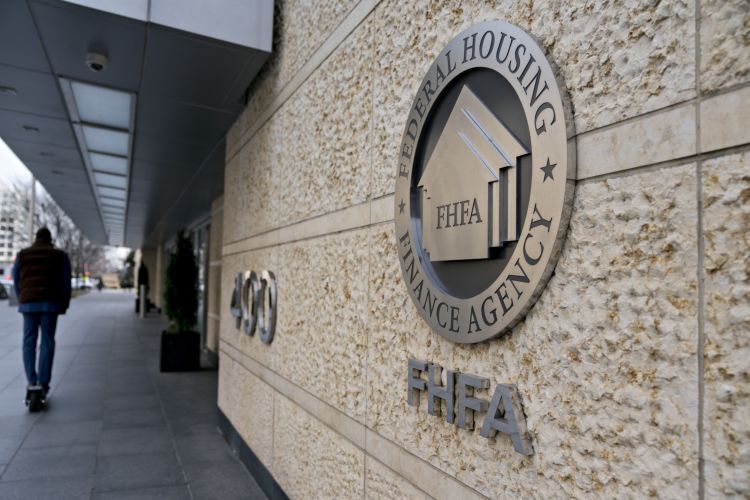The Consumer Financial Protection Bureau is proposing several changes to "qualified mortgage" standards, ones which could result in a QM loan in 2021 looking far different from the QM originally conceived through the Dodd-Frank Act in 2010.
Last month, the bureau launched plans to introduce
The bureau’s position is that loans that have three years of satisfactory history should be considered safe, and their originators deserving of legal QM protections.
That proposal is not sitting well with consumer groups,
The CFPB is already considering other QM changes, such as encouraging lenders’ use of alternative data for ability-to-repay standards, in hopes of broadening market access to fintechs as well as consumer access to credit.
The bureau is also looking to replace the strict 43% debt-to-income standard used to define QM. That approach would factor in a price-based threshold based on the loan's APR to the average prime offer rate (APOR).
The latter was also
These changes are also combining with along with a possible end to the "QM Patch" exemption for GSEs as early as next January (or April...
Other deals, trends and research in structured finance and asset-backed securities for the week of Aug. 28-Sept.3:









